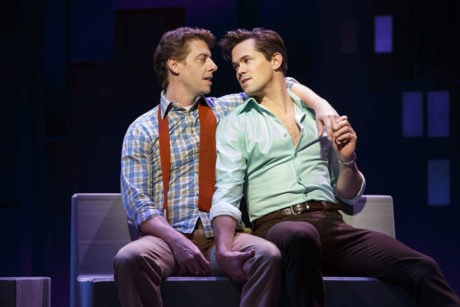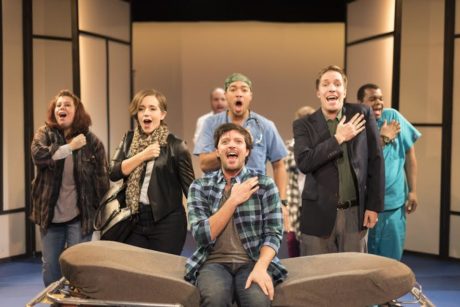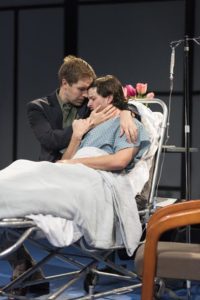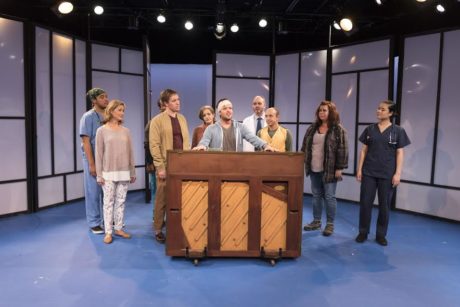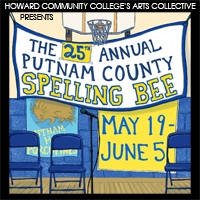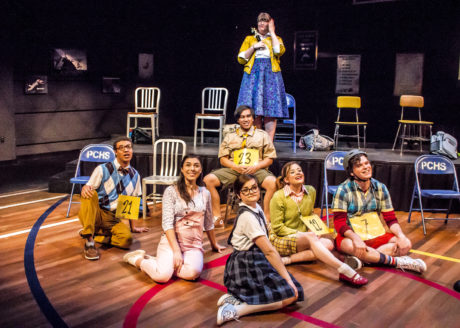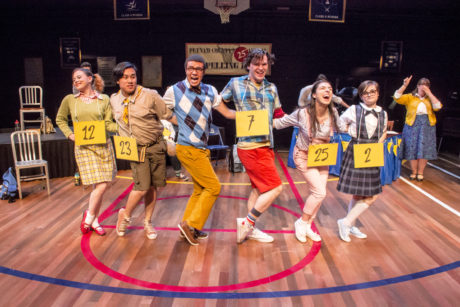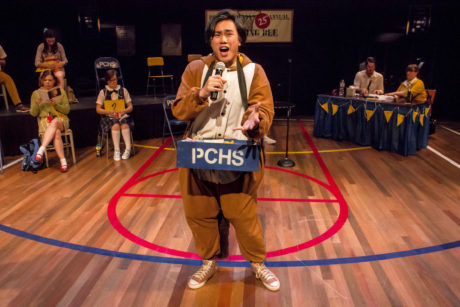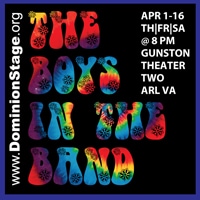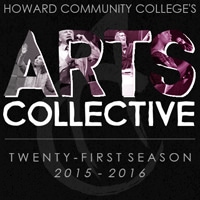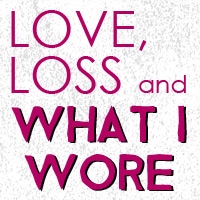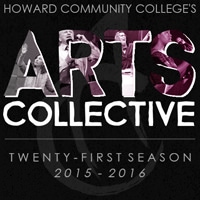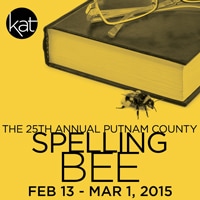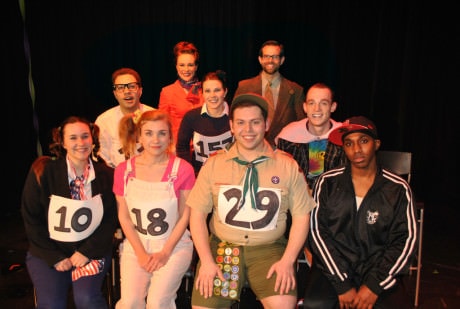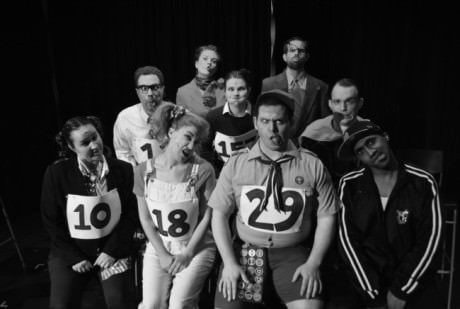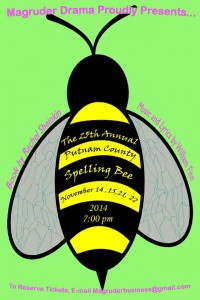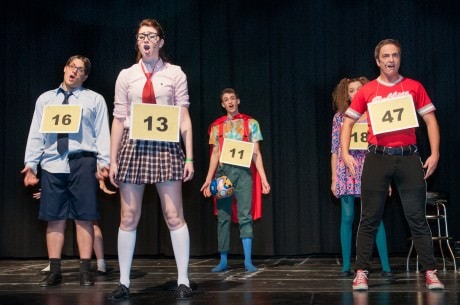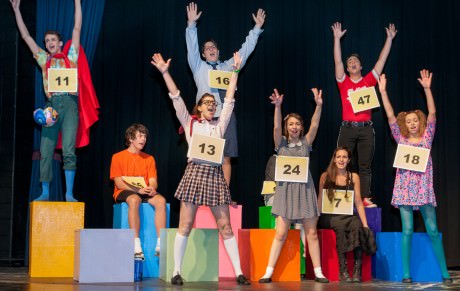Keegan Theatre’s revival of William Finn’s multiple Tony Award—winning Falsettos leaves no doubt about why the show is among the most beloved musicals of recent decades. Its combination of cleverness, complexity, and heart makes it irresistible.
Its complexity exists on more than one level. Much of Finn’s score involves rapid-fire musical patter interchanges among the characters. The music is vocally demanding, and the timing needs to be perfect among the actors, who never miss a beat. The movement — director Kurt Boehm doubled as choreographer — is just as active and just as precise, giving the production unstinting energy. The Marvin/Whizzer racquetball game in the second act is a particularly nice set piece, and the many ensemble numbers are as expertly executed in terms of blocking and choreography as they are musically.
The show’s center is its emotional complexity. As Trina (Katie McManus) comments at one point, attending her son’s Little League game with her ex-husband and his ex-lover was not something she would have imagined. McManus is a standout in Keegan’s top-notch cast, with her spectacular “I’m Breaking Down” bringing down the house in the first act. She expresses the difficulty of “holding the ground when the ground keeps shifting” in an equally compelling second-act song. I trust the Helen Hayes judges will be watching.
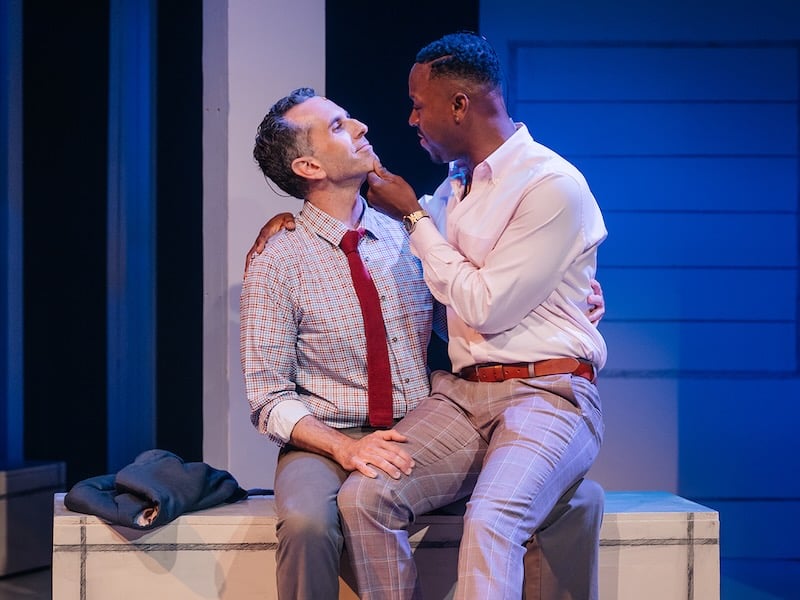
Marvin (John Loughney) left Trina and their son, Jason (Nico Cabrera), to be with his boyfriend, Whizzer (Kaylen Morgan). Marvin is emotionally volatile and conflicted — he’s called a “maniac” more than once in the script — wanting the passion of first love with Whizzer while keeping close ties with his family. He and Whizzer have a competitive relationship — fighting is their love language, it seems. Their relationship severs by the end of the first act.
Meanwhile, Marvin’s psychiatrist, Mendel (Ryan Burke), comes to love Trina, asking her to marry him with sweet awkwardness (“A Marriage Proposal”). They do marry, and Mendel plays an increasing role in raising Jason, while Marvin retains an important presence in the boy’s life, underlined in the gentle “Father to Son” moment that concludes the first act.
Jason is very much a kid, wondering if he is genetically predisposed to be homosexual, struggling with baseball, playing solitaire chess, and being buffeted by the conflicts and anxieties of the adults around him. He has an instinctive talent for connecting people, encouraging Marvin to propose to Trina. In Act Two, he brings Whizzer back into Marvin’s life and then finally, and most profoundly, decides to hold his bar mitzvah in Whizzer’s hospital room, bringing the whole extended family together in the hardest of times. Cabrera gets the confusion of a pre-teen boy and his growth into a caring young man.
The Jewishness of most of the characters is an important element of the story, with Marvin, Whizzer, Mendel, and Jason singing the comical “Four Jews Bitching” to open the show. The chaotic preparations for Jason’s bar mitzvah are a key plot element in Act Two. Above all, there is dedication to maintaining family ties, no matter what unexpected changes take place.
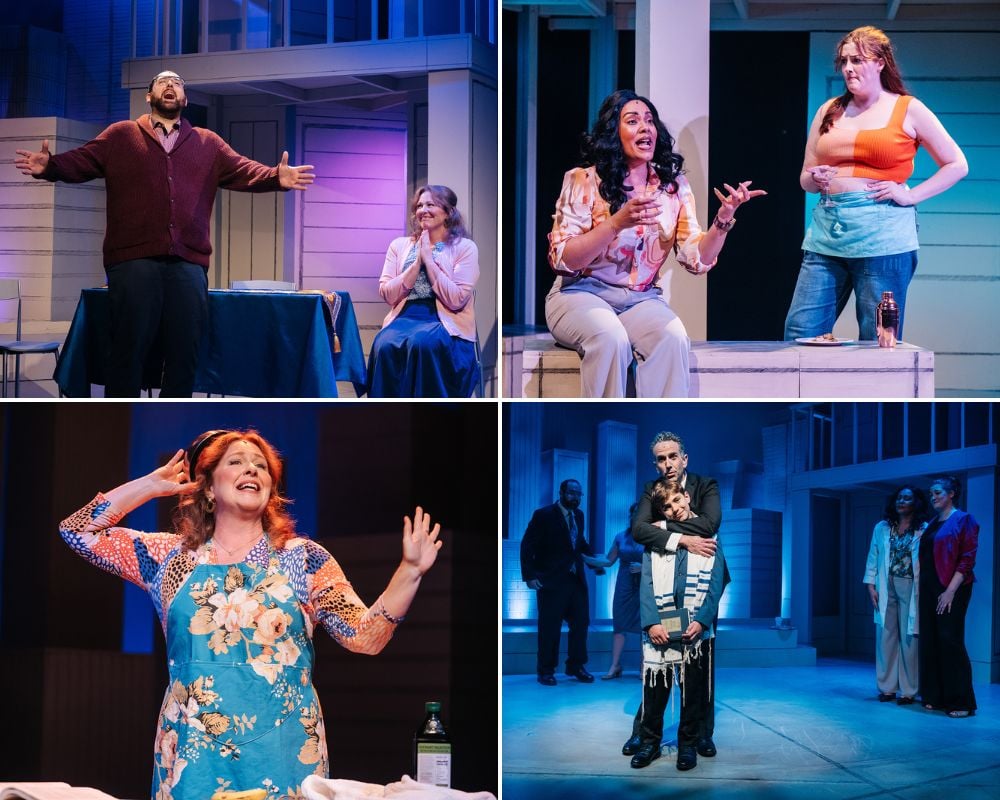
Act Two, set in 1981, two years after the first act, introduces two new characters, a lesbian couple, Dr. Charlotte (Shayla Lowe) and Cordelia (Kylie Clare Truby), the latter a shiksa caterer whose hors d’oeuvres leave something to be desired. It is Dr. Charlotte who first becomes aware that “Something Bad Is Happening,” as cases of what would later be called AIDS begin to appear.
In Act Two, Marvin and Whizzer reunite, with Marvin having grown into a man capable of genuine love, tenderly expressed in “What More Can I Say?” as he holds his sleeping partner. But the epidemic is spreading, and Whizzer falls ill. Some of Morgan’s best work occurs as Whizzer is hospitalized, showing Whizzer’s shining spirit even as his body weakens (“You Gotta Die Sometime”). The characters become closer as Whizzer’s condition worsens, as Marvin, Whizzer, Dr. Charlotte, and Cordelia cling to one another in “Unlikely Lovers.”
What do you do with the deepest feelings of loss and grief? There’s no answer, really, except to keep close to the people who matter to you. The final scene of the show, in which the other characters mourn Whizzer, is the one point where I wish Boehm — whose direction is as specific and on point as one could ask for — had made a different choice. We see three pairs of characters spaced apart from each other on the stage, grieving separately. Better, in my view, to have all six holding one another in a single grouping, underlining the theme of coming together as family and community in a time of trouble, as was done in the 2016 New York revival broadcast on PBS.
The technical side of the production is as complex as the material itself. Matthew J. Keenan designed a versatile multilevel set. Boehm takes full advantage of the space, and the scene changes are smooth, never detracting from the show’s pace. The lighting design (Lynn Joslin) is varied and as precise as the show’s other elements, with cues often tied to specific lines or actions (e.g., a brief, stark light change when Marvin slaps Trina). The tiny band, led by Elisa Rosman, handled well both the fast-paced and lyrical portions of Finn’s score.
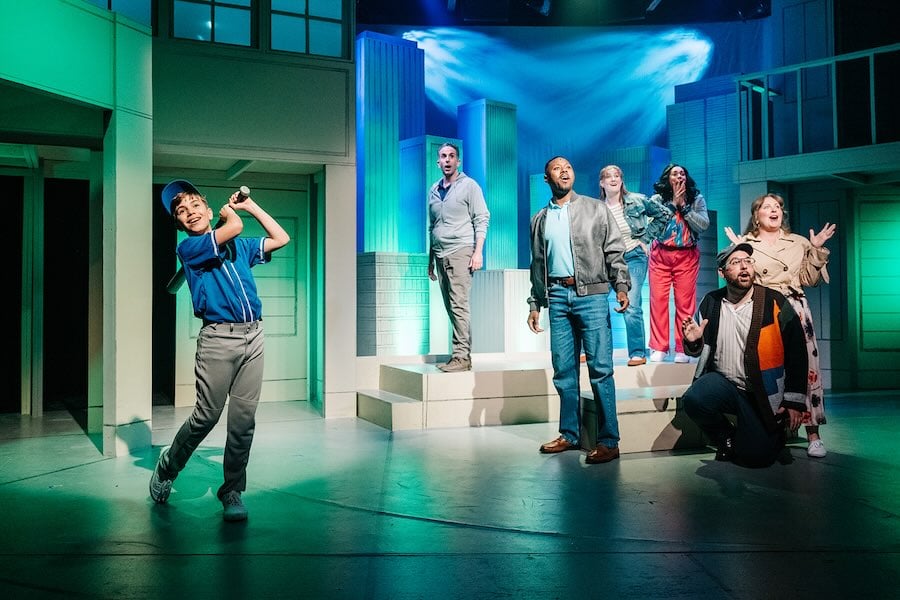
The costumes are delightful. Paris Franscesa, for example, delineates Whizzer’s and Marvin’s characters by giving the former very stylish outfits and the latter an informal, pulled-out-of-closet look. Colors abound. The workout clothes for Mendel and Trina in Act Two are a hoot. There are subtle changes in dress as the show proceeds, for example in Jason’s outfits as he begins to mature. There were some opening night issues with sound, notably an overly high volume level for the singers and especially the keyboard in the first act. This seemed to be largely corrected for Act Two, however.
Keegan’s Falsettos is fun and sad. For one who lived through the height of the AIDS epidemic, losing some friends in the process, the second act strongly evoked the feelings of that time — the fear and grief and anger and the tenderness of those caring for loved ones. This production comes at a time when other challenges call for people to come together and care for one another. It was a fine kickoff for DC-area theaters’ observance of WorldPride.
Running Time: Two and a half hours, including one intermission.
Falsettos plays through June 15, 2025, at The Keegan Theatre, 1742 Church St NW, Washington, DC. Performances are Thursdays to Saturdays at 8:00 pm, Sundays at 3:00 pm, and select Mondays and Wednesdays at 8:00 pm. Tickets are $64 ($54 for seniors and students) and available online.
Falsettos
Music & Lyrics by William Finn
Book by William Finn & James Lapine
Director & Choreographer: Kurt Boehm
Music Director: Elisa Rosman
SEE ALSO:
Keegan Theatre announces cast and creative team for ‘Falsettos’ (news story, April 30, 2025)
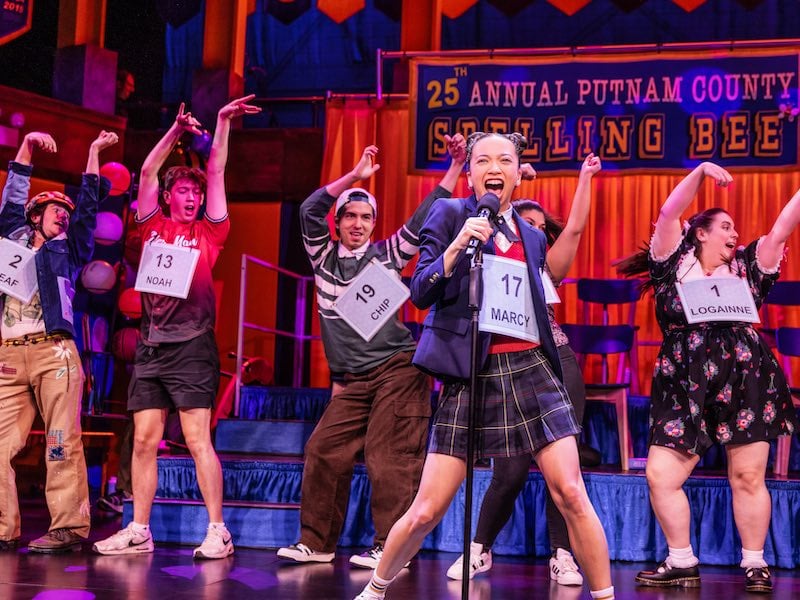


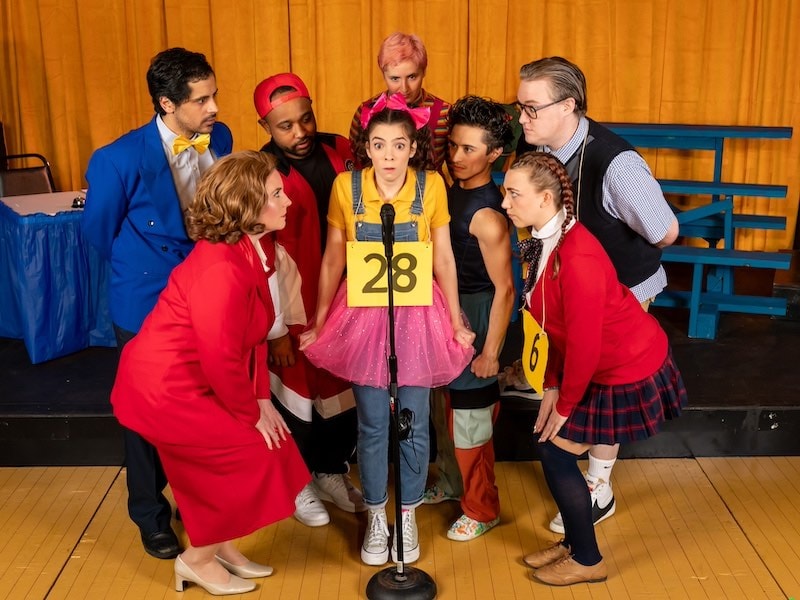
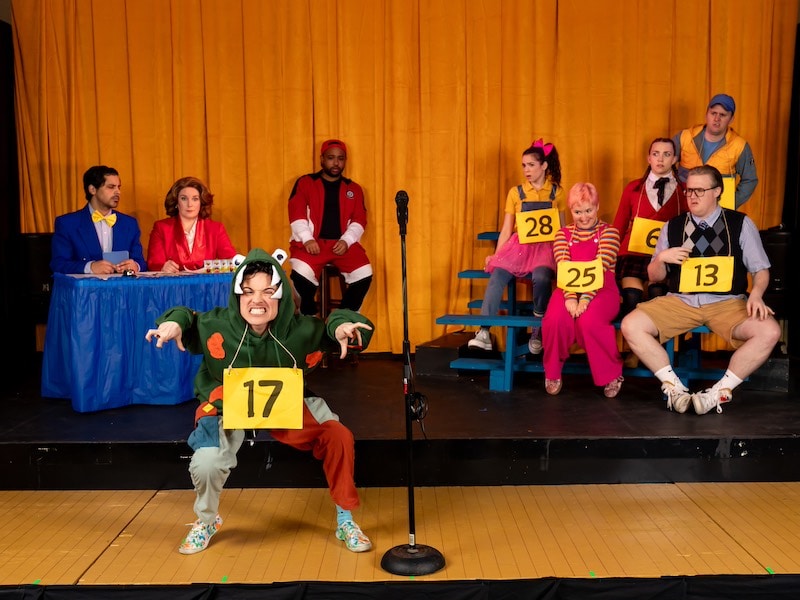
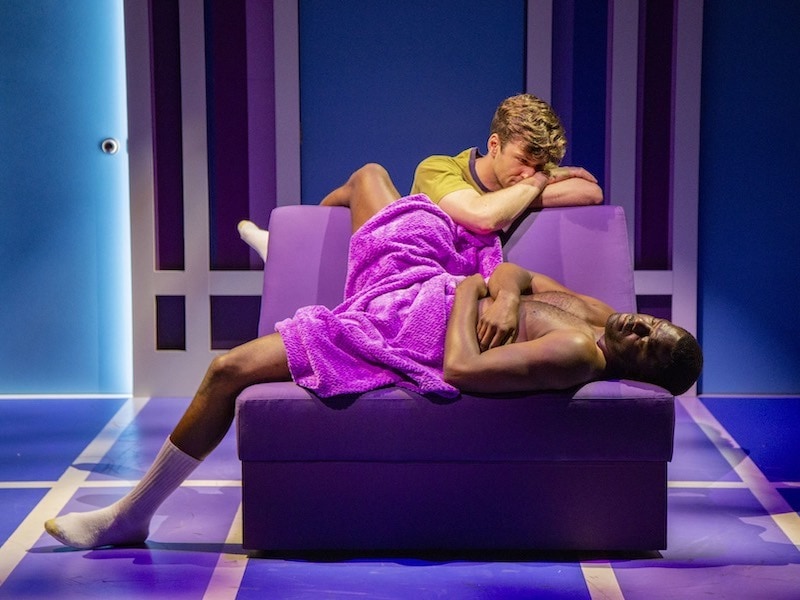
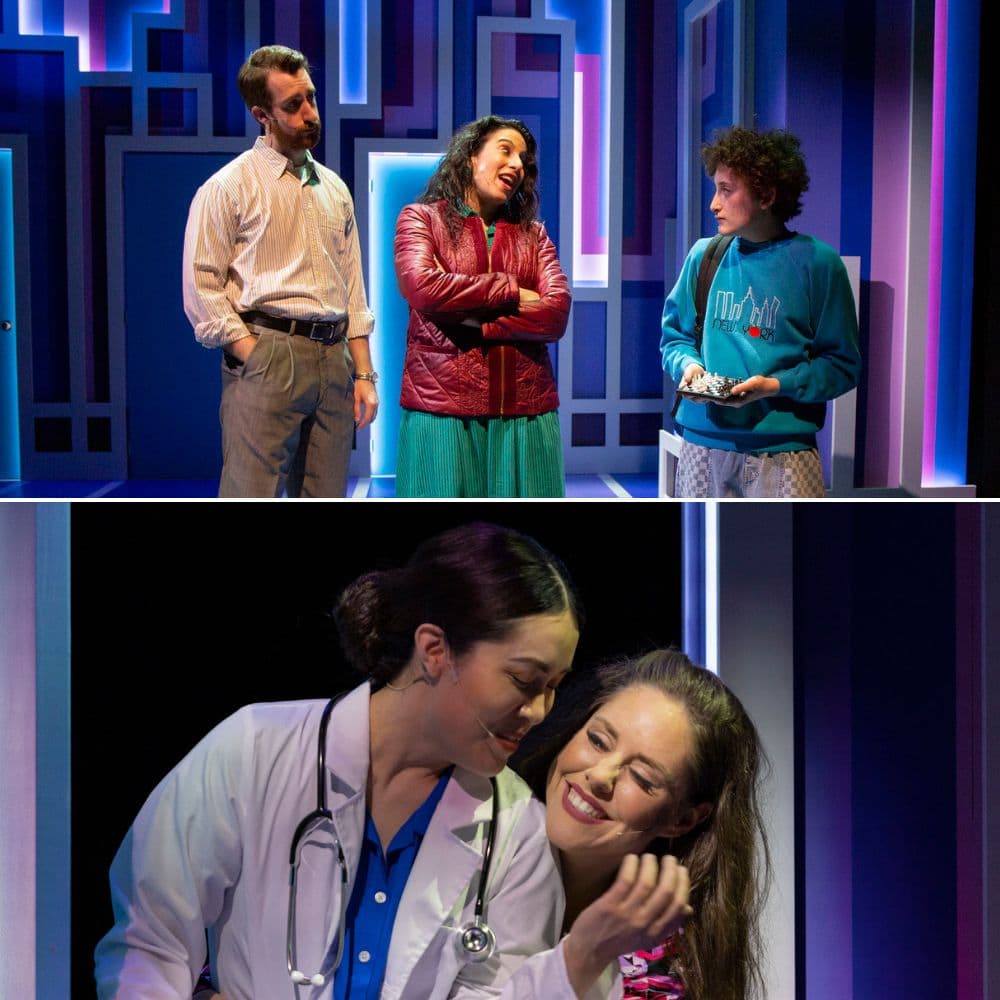
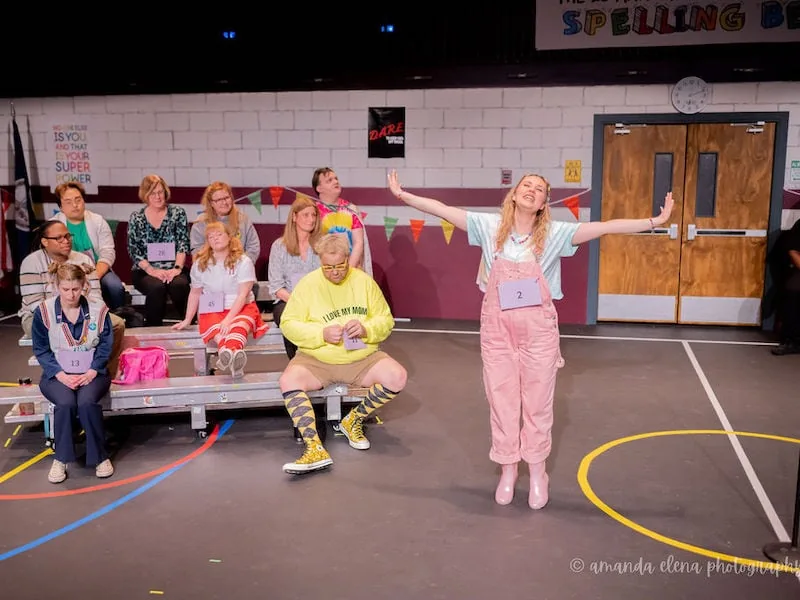
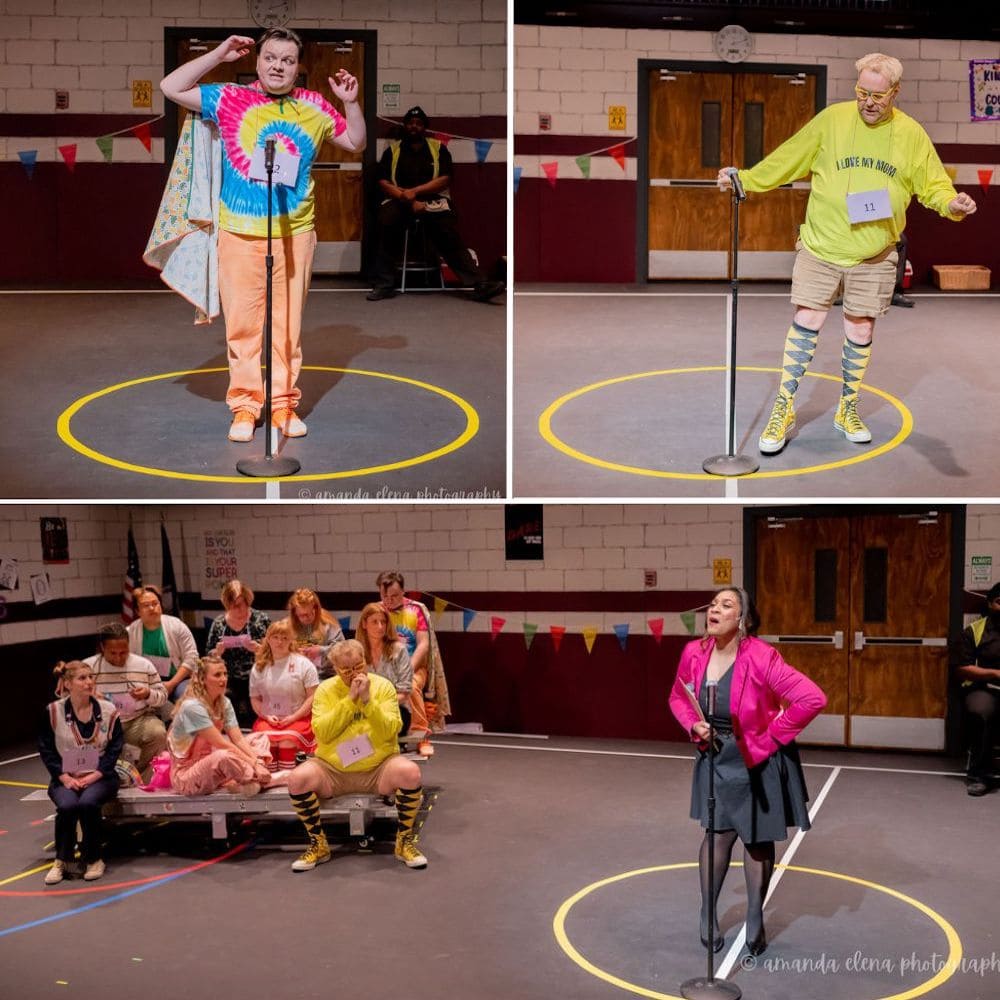
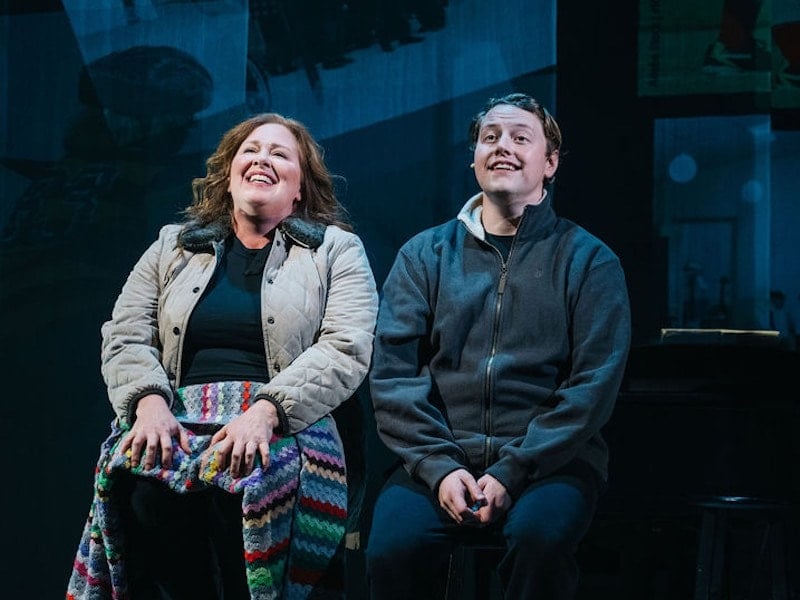
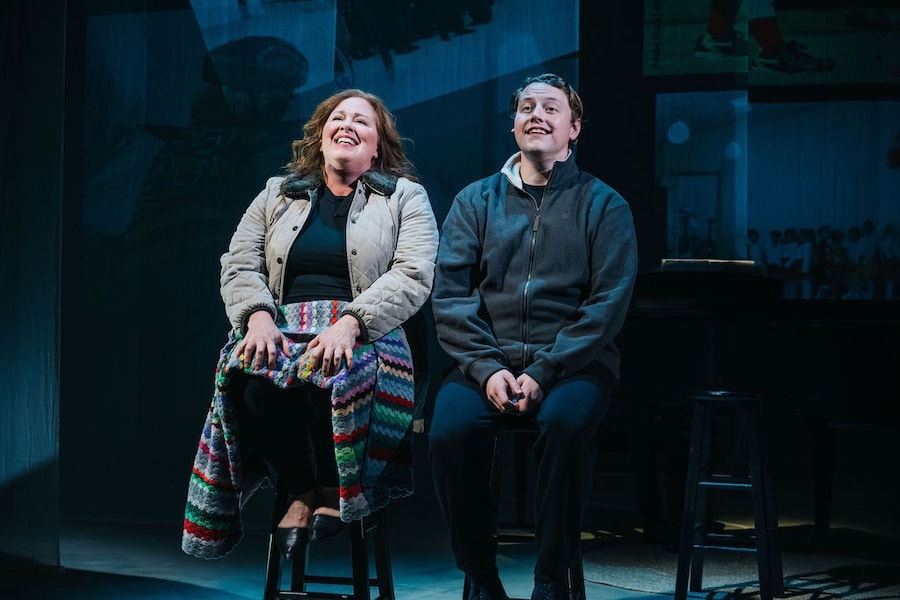
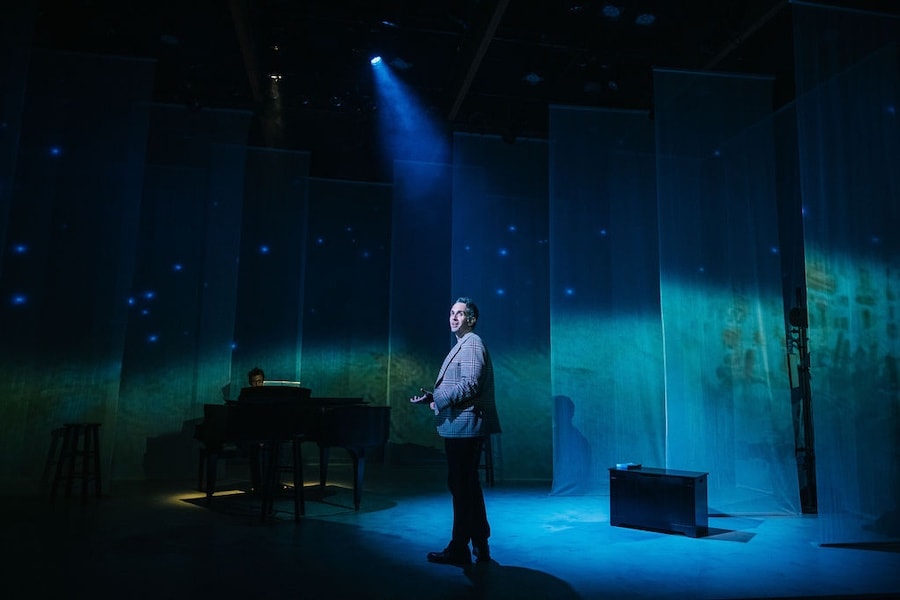
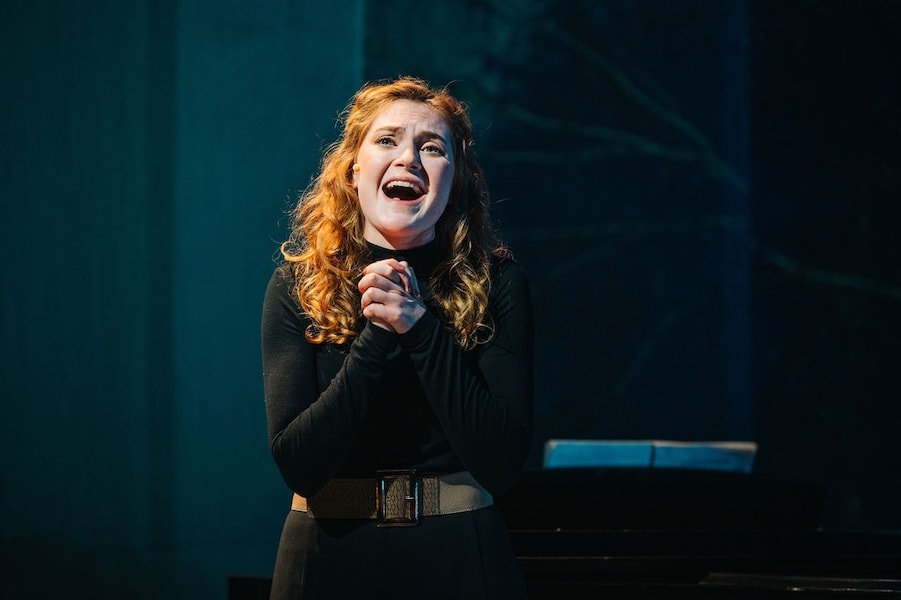
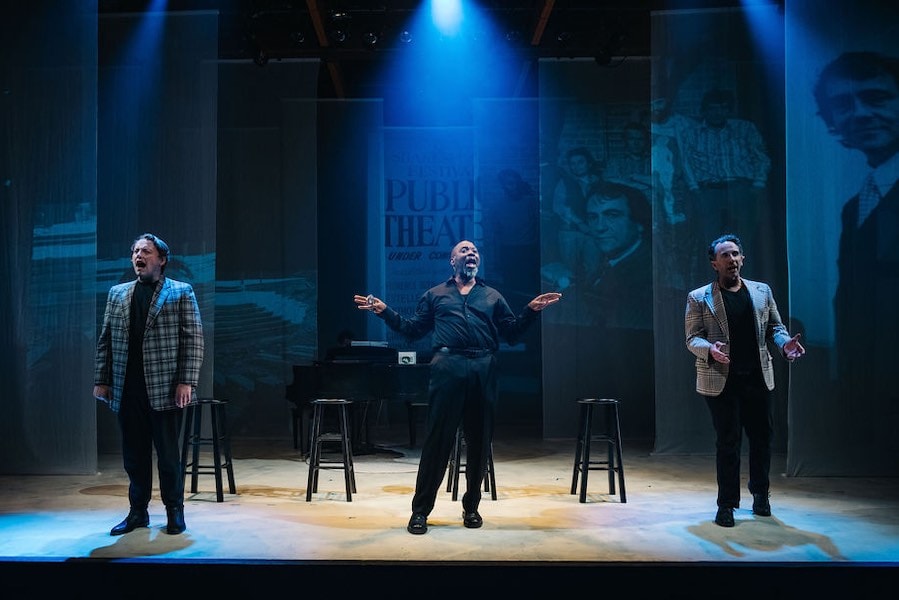
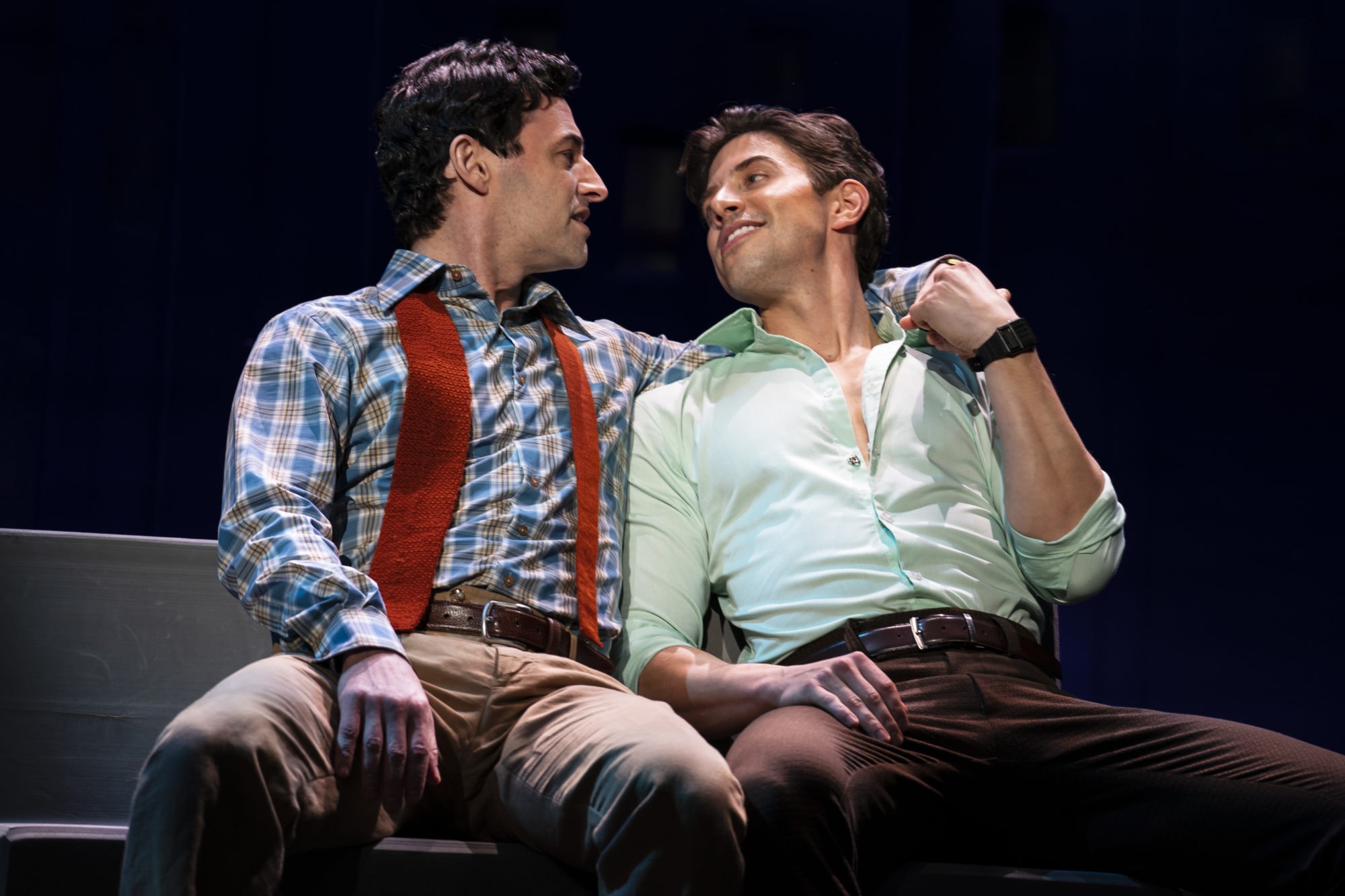
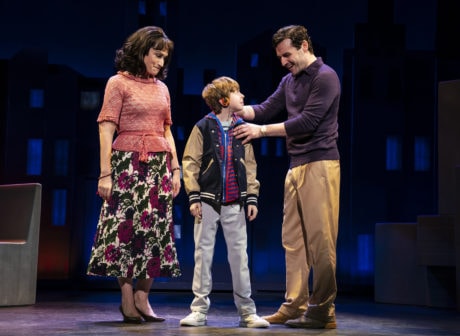
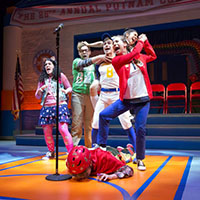
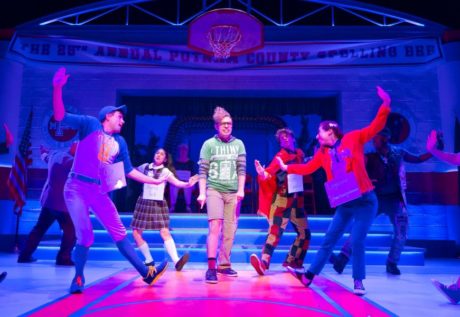
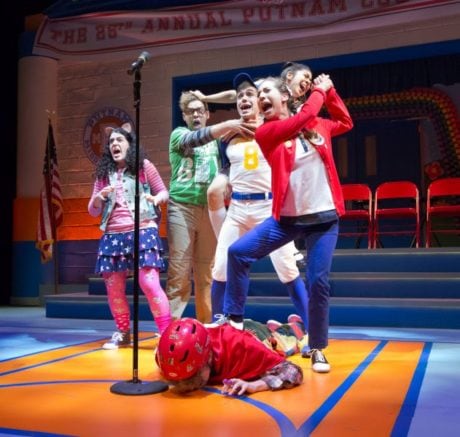
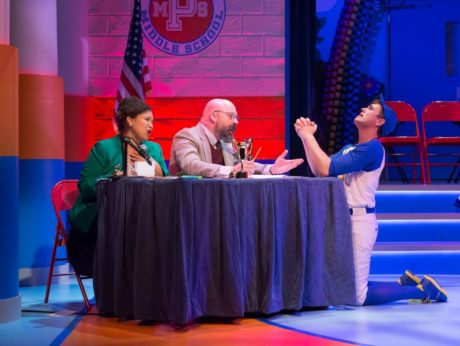

 Dear Evan Hansen (Atlantic Records)
Dear Evan Hansen (Atlantic Records) 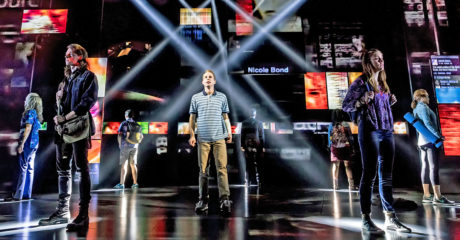
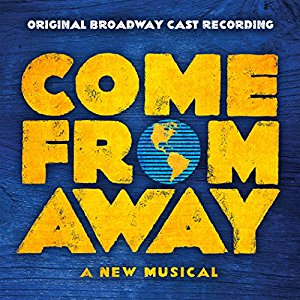 Come From Away (The Musical Company)
Come From Away (The Musical Company)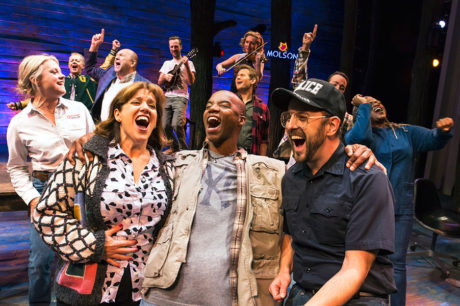
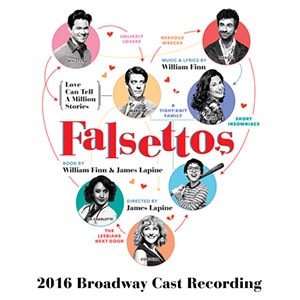 Falsettos (Ghostlight Records)
Falsettos (Ghostlight Records)